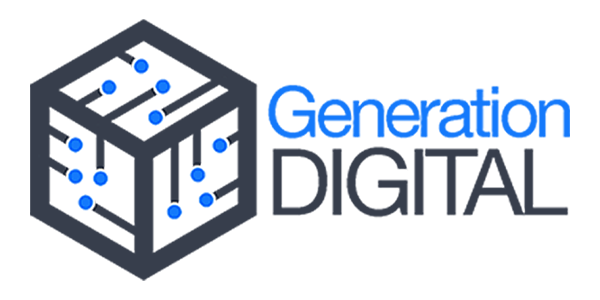The AI tipping point
Artificial Intelligence is rapidly coming of age, as business leaders increasingly grasp the immense potential of “smart” machines and other innovations as catalysts for greater efficiency and competitiveness. The dollars tell a compelling story. By 2019, the global market for content analytics, discovery and cognitive systems software is projected to reach $9.2 billion, according to IDC, more than double that of 2014.
We see tremendous opportunities ahead for our clients. However, potential rewards will only become reality through substantial research and development, and we’ve got a lot of work ahead. Read on for more on our action plan.
Machine Learning
- Machine learning is based on algorithms that can learn from data without relying on rules-based programming. It came into its own as a scientific discipline in the late 1990s as steady advances in digitization and cheap computing power enabled data scientists to stop building finished models and instead train computers to do so. The unmanageable volume and complexity of the big data that the world is now swimming in have increased the potential of machine learning—and the need for it.
Recommendations
- Prepare the next generation for the Artificial Intelligence future—integrate human intelligence with machine intelligence so they can successfully co-exist, and reinforce the role of people to drive growth.
- Encourage Artificial Intelligence-powered regulation—update and create adaptive, self-improving laws to close the gap between the pace of technological change and the pace of regulatory response.
- Advocate a code of ethics for Artificial Intelligence—ethical debates should be supplemented by tangible standards and best practices in the development and use of intelligent machines.
- Address the redistribution effects—policy makers should highlight how AI can result in tangible benefits and preemptively address any perceived downsides of AI.


